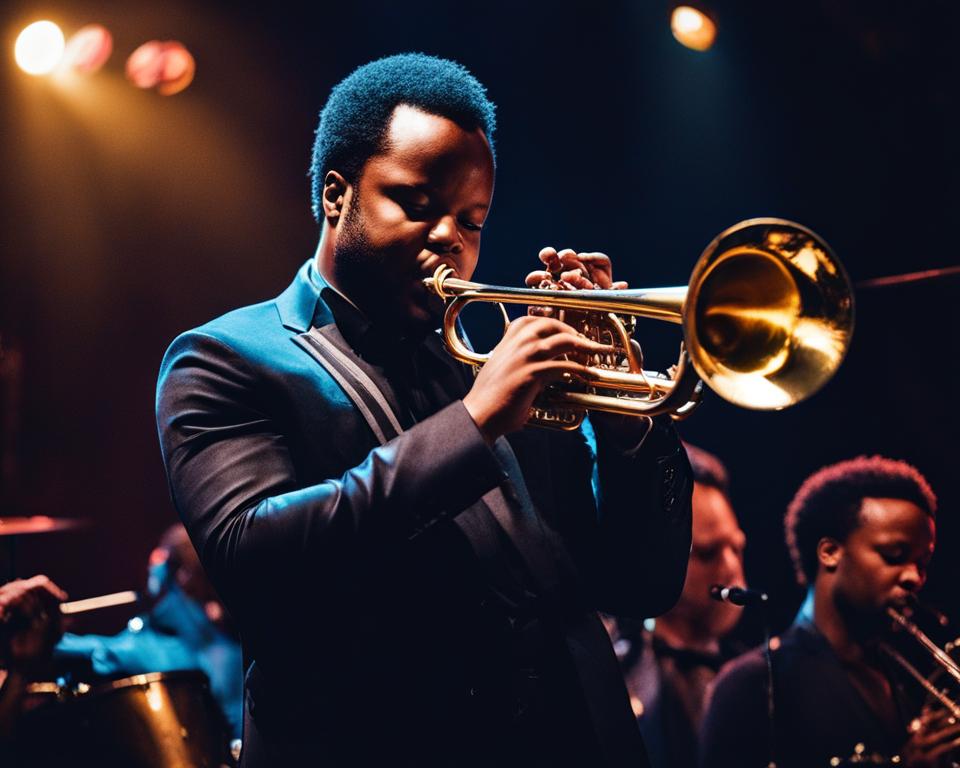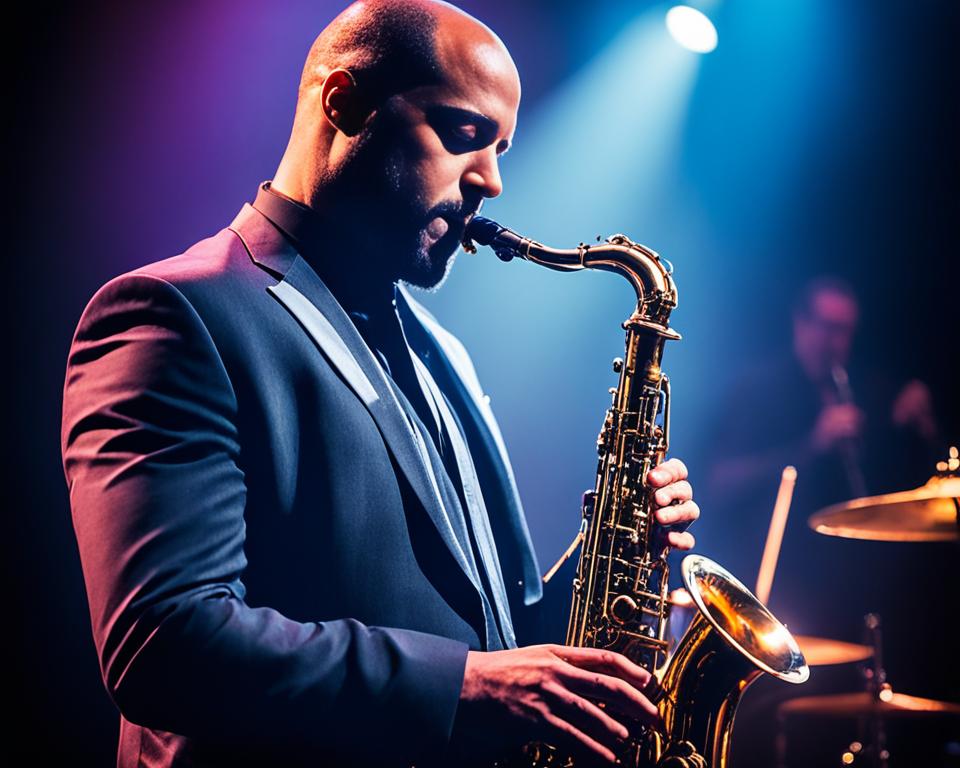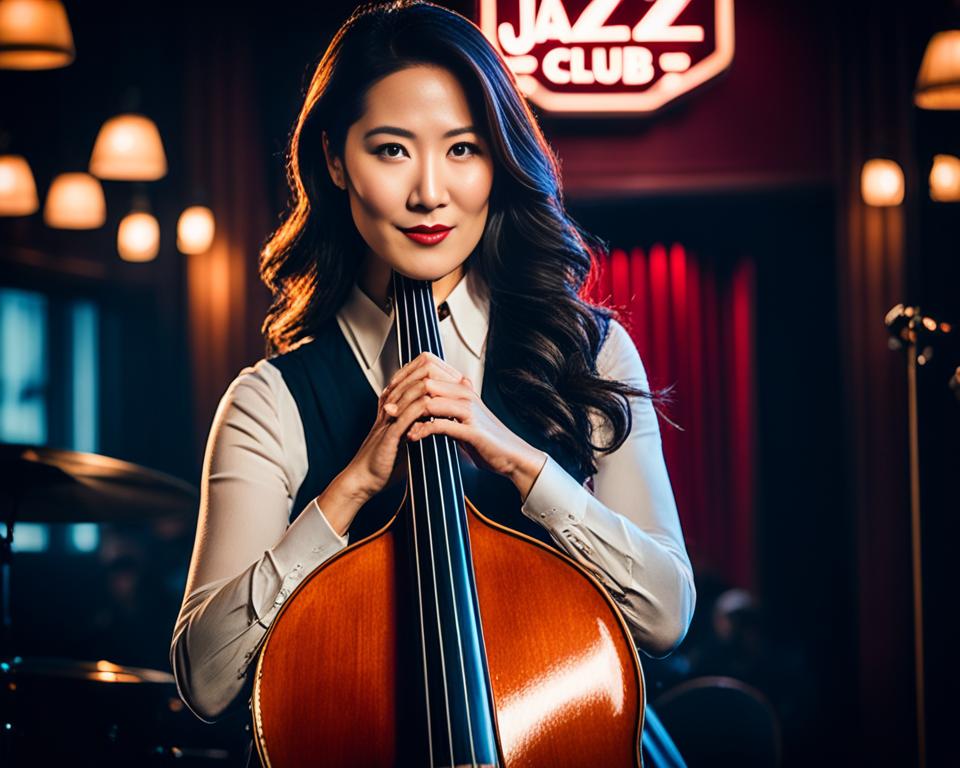To put it simply, music licensing is the licensed use of copyrighted music. You would be surprised or maybe you wouldn’t be as to how many artists don’t generate any income via this revenue stream. I personally know of one legendary hip-hop music artists that sought out my help a few years ago regarding music licensing because he surprisingly didn’t have any of his music synced in any television shows, films, commercials, or otherwise.
We talked and all I told him was what I do but I also said, he had fame on his side so he didn’t need to take the route I did. I don’t take any credit whatsoever but I’m proud to say he is now reaping the benefits of sync money. On the other hand, I also personally know one songwriter/producer that hasn’t accumulated the fame of the aforementioned hip-hop music artist but he lives a quality life via the world of music licensing.
He only creates music for the purpose of providing the perfect accompaniment to a key scene or scenes on the big or small screen. He hasn’t accumulated the wealth of P. Diddy, Jay Z, or even one of the industry’s top songwriters like Diane Warren but trust me when I say, he lives quite comfortably.
I could site many situations about artists I know that have capitalized off the music sync world but I will just give you these tips via my personal experience as I too have made a little change in this world. I don’t want to give the illusion that the bottle popping will commence once you start taking advantage of music licensing but you can at least create another viable revenue stream that can help you sustain your career. If you are an independent artist that doesn’t have fame on your side, these tips may work for you.
By no means am I saying this is the only path to music sync success, but it is the path that lead to my first placement, other placements on ABC, NBC, HBO, Spike TV, FOX, CW, some decent royalty checks, and my most successful placement with my song “Good Life,” produced by David Whiteside of P5Audio, ending up on the American Reunion soundtrack and beyond. (CLICK NEXT FOR TIPS)
TIP 1: DO YOUR RESEARCH
Assuming there is no need to tell anyone that creating good music with great sound quality is the true first step, let’s get the party started.As an artist/songwriter, I’m very proud of my music catalogue just as most of us are, but many times what we or our fans think is awesome may actually be awesome but it’s not what a music supervisor is looking for.
It is quite possible that something in your current catalogue fits the criteria but you may need to create some new music with the purpose of getting it synced. Do your research by finding out what music supervisors are looking for. One easy way to do this is by watching TV.
See what types of songs are already getting picked and how they match with the scenes. Without even doing any research, I can tell you that music supervisors always need party music so if you have a quality party song, there you go. Another way is the get on the mailing list of a music licensing company that specializes in placing music, which leads me to TIP 2.
TIP 2: GET WITH A TRUSTED SOURCE
Just like everything else in the music business or any business, it’s all about relationships. Most artists don’t have direct personal relationships with enough music supervisors so how would we even know what they are looking for. The answer is simple. I’m usually a person that says find a way to cut out the middleman but in this case, you may need one.
Find a music licensing company or music company that supplies music to music supervisors. These companies have direct relationships and history with music supervisors so when it’s crunch time and a music supervisor needs that last minute song to fit their scene; they usually go to a trusted source.
Music supervisors are looking for a good song for reasonable price and that is the entire job of a music licensing company. They negotiate deals with music supervisors using your music on your behalf. There is an obvious cost to this but my recommendation is to go with the companies that only get paid, when you get paid.
Usually these companies have a great reputation because they review and refuse most the music they receive so music supervisors know that they are about quality over quantity. The same company that has rejected 10 of my songs has placed 10 of my songs.
That being said, I’m not knocking any other business model but I’m just telling you what has worked for me. The beautiful thing about all of these companies is that you still own all the rights to your music. They are just there because of their relationships and ability to negotiate. They do not own your music.
TIP 3: BE PREPARED
Once a music licensing company has accepted your song to its catalogue, make sure you make the song available via iTunes, Amazon, Spotify, and all the other music purchasing or streaming websites as soon as possible. You don’t even have to promote that it’s available for purchase yet but have it ready because once the music licensing company contacts you to let you know that your song has been placed, you generally don’t have enough to time to get the song up on iTunes or get album artwork prepared.
They can call or email you on Monday to say your song will be on a television show on Tuesday. This has actually happened to me so be prepared. I can’t tell you the number of times one of my songs has been synced in a television show or a film and instantly fans of that show are requesting how to get that song. This is how your placement translates into another revenue stream.
TIP 4: PROMOTE PROMOTE PROMOTE
Once your song has been placed in a film, commercial, or television show, promote like crazy. If you can, get out a press release, tell your mother, tell your father, go on social media and make sure to hashtag the film or television show your song was placed in. Make a youtube video of you watching the show your song was placed in. I’m basically saying, be creative and let people know about your accomplishment. Add this new credential to your bio or resume immediately because people will look you up.
This gets you new fans and it makes your current fans take you more seriously. It may also garner attention from someone that can aid in taking your career as an artist, songwriter, or producer to the next level. Once your garner one significant placement, it makes that song more marketable and you as well so take advantage of this opportunity.
TIP 5: BUILD ON YOUR SUCCESS
Once a music licensing company places your song thank them for it. I know it’s their job to do it but everyone likes to hear those two special words, “Thank You.” It also makes them remember you and they may start to pay more attention to you. This is how you start to build more of a personal relationship with them and trust me, it may lead to an unexpected phone call or email from them where they need you for special project they are working on.
Yes, this has happened to me also. When you are appreciative and grateful of any opportunity, somehow it seems to generate even more positive results for you. It may also lead to an “easier” submission process. The next time you submit a song to them for consideration, they may be more likely to accept it because they know your material produces results and they remember your personable demeanor. Not only build with the music licensing company, but also use them as reference when you are pitching your music for other opportunities.
Relationships are everything in this business so building, nourishing, and maintaining them is essential to take your quality music to the next level and beyond. Just to put a star on it, I have placed many songs but I received my first placement of the song “Good Life” in 2011 on a network television series. In 2012 the song appeared in the film American Reunion and on the soundtrack.
And just last week that same song was featured in an episode of ABC Family’s “Switched at Birth.’ The song has never been on radio but has lived a life of it’s own and continues to provide me with some viable income. I hope this helps because we are all in this together.
























